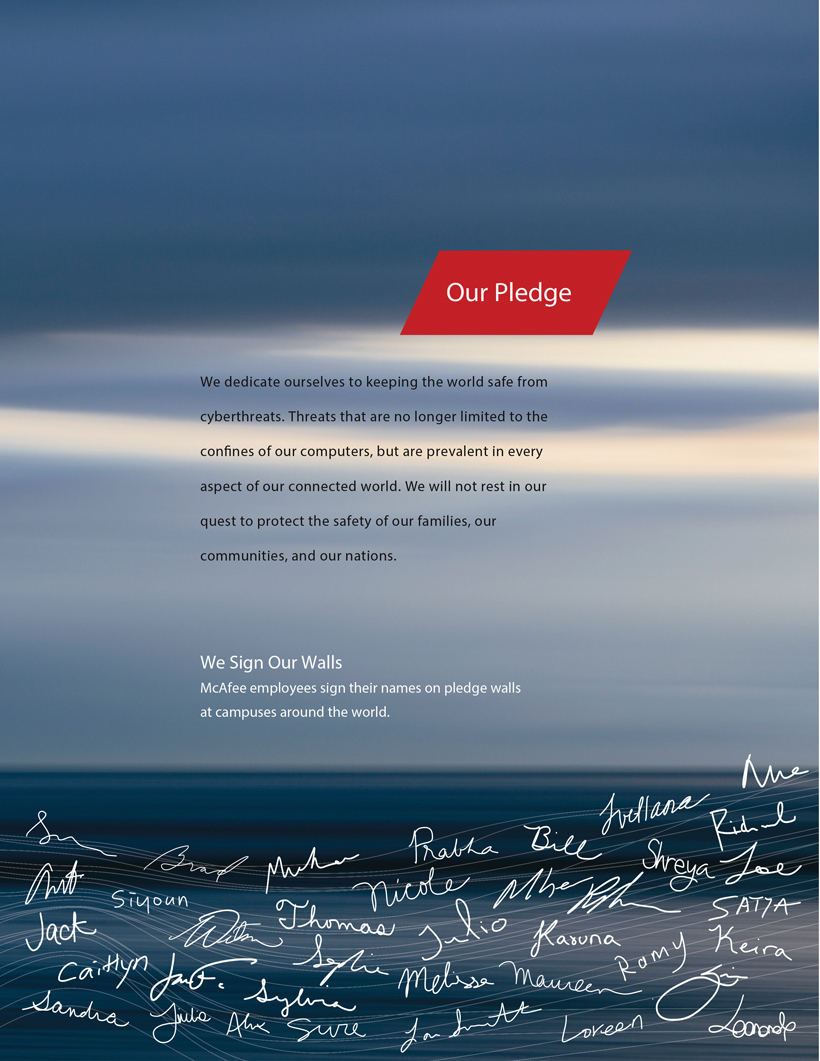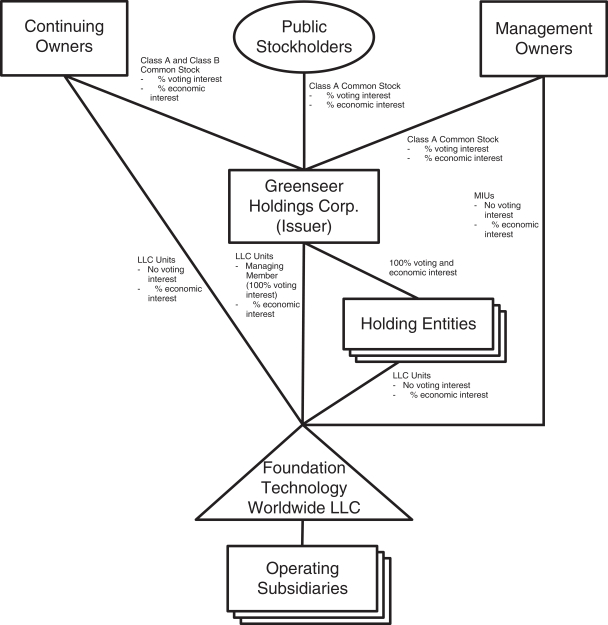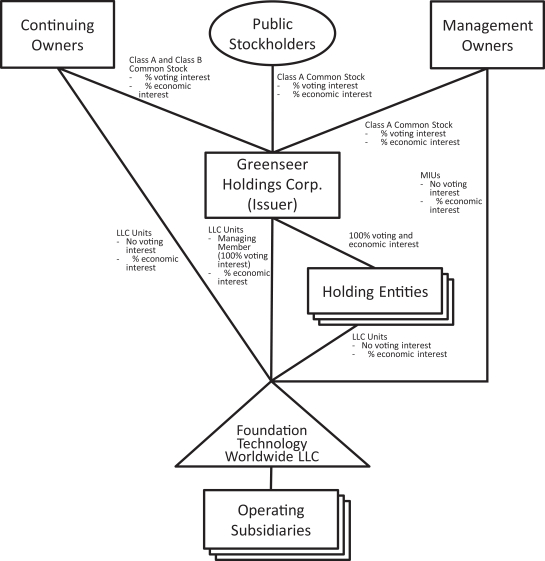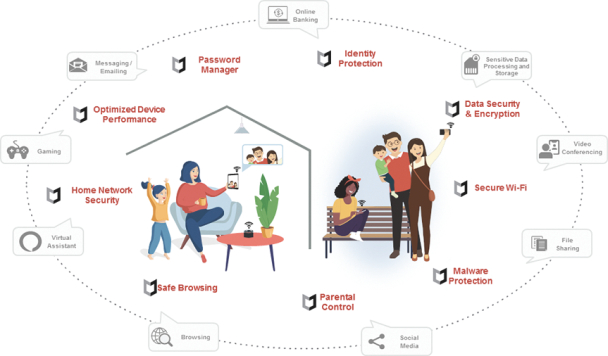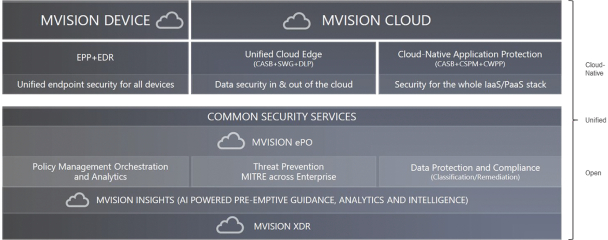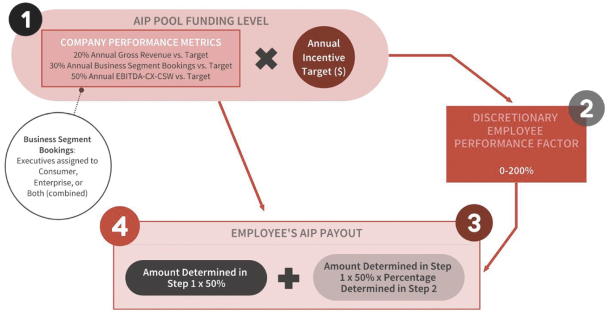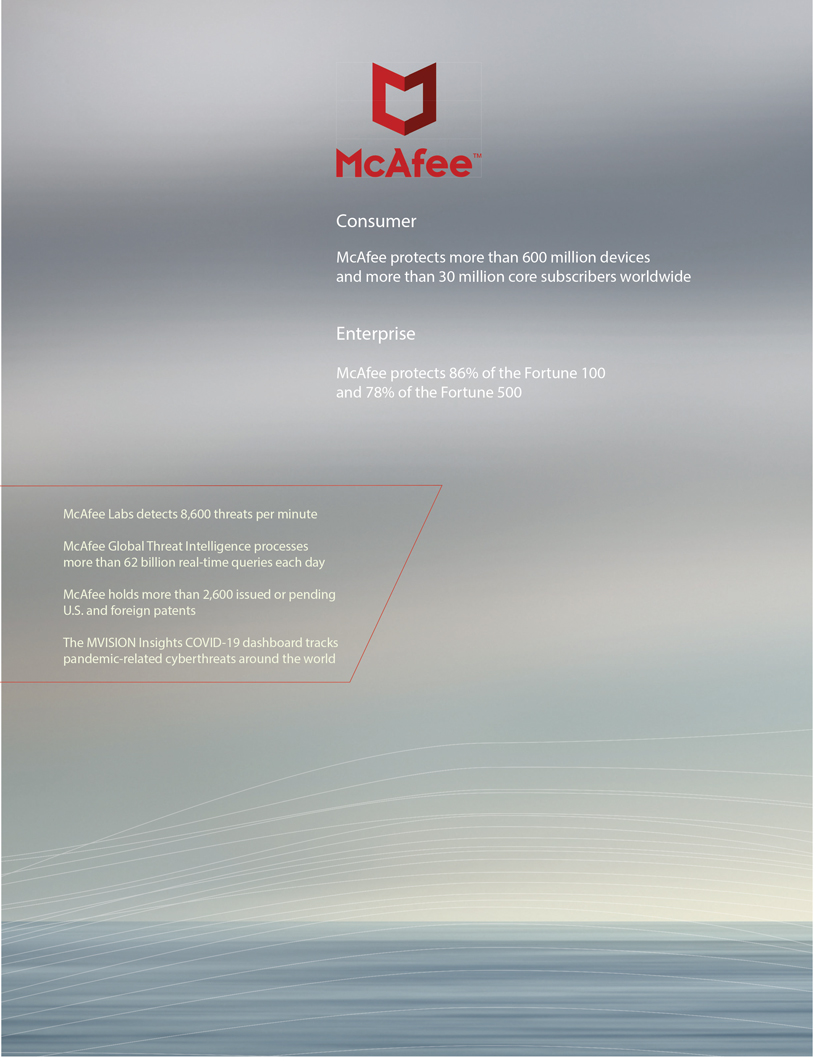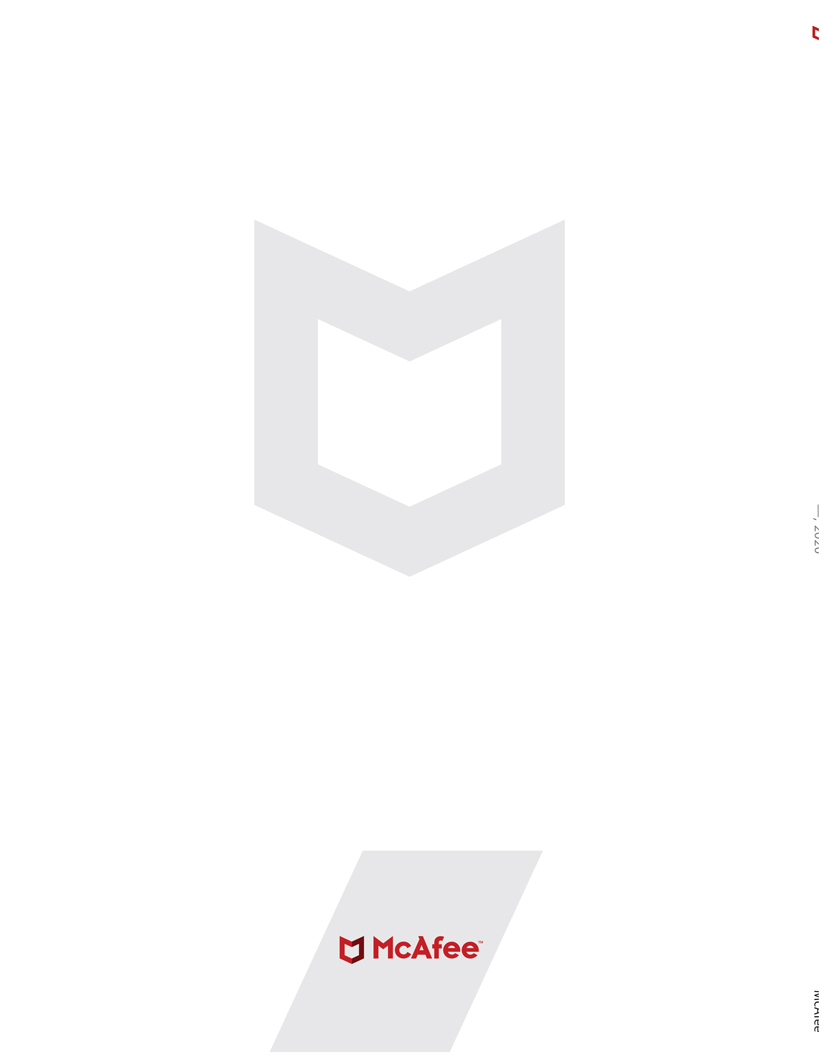CONFIDENTIAL TREATMENT REQUESTED BY
GREENSEER HOLDINGS CORP. PURSUANT TO RULE 83
and complexity, and the costs associated with successful ransomware attacks have increased. We must continuously work to ensure our solutions protect against the increased volume and complexity of the cybersecurity threat landscape. Changes in the nature of advanced cybersecurity threats could result in a shift in cybersecurity spending and preferences away from solutions such as ours. In addition, any changes in compliance standards or audit requirements applicable to or enterprise and government customers that deemphasize the types of controls, monitoring, and analysis that our solutions provide would adversely impact demand for our solutions. If our solutions are not viewed by our customers as necessary or effective in addressing their cybersecurity needs, then our revenues may not grow as quickly as expected, or may decline, and our business could suffer.
We cannot be sure that we will accurately predict how the cybersecurity markets in which we compete or intend to compete will evolve. Failure on our part to anticipate changes in our markets and to develop solutions and enhancements that meet the demands of those markets will significantly impair our business, financial condition, results of operations, and cash flows.
We operate in a highly competitive environment, and we expect competitive pressures to increase in the future, which could cause us to lose market share.
The markets for our solutions are highly competitive, and we expect both the requirements and pricing competition to increase, particularly given the increasingly sophisticated attacks, changing customer preferences and requirements, current economic pressures, and market consolidation. Competitive pressures in these markets may result in price reductions, reduced margins, loss of market share and inability to gain market share, and a decline in sales, any one of which could seriously impact our business, financial condition, results of operations, and cash flows.
In the consumer cybersecurity market, we face competition from players, such as NortonLifelock, Avast/AVG, Kaspersky, Trend Micro, ESET, and Microsoft, which expanded from desktop anti-malware into mobile, security, VPN, and identity protection among others. At the same time we compete with point-tool providers, such as Cujo and Dojo in the home IoT space or AnchorFree, ExpressVPN, and ProtonVPN in the network security space, across our full consumer offering. In the enterprise cybersecurity market, we compete both with larger integration providers, such as Symantec (a division of Broadcom), Palo Alto Networks, Sophos, Microsoft, Trend Micro, and Sentinel One in the endpoint, networking, and CASB space, as well as with point solutions Cylance (a division of BlackBerry) focusing on a subset of the cybersecurity market. These competitors include Crowdstrike, Carbon Black (a division of VMware), and Tanium in the endpoint market, Netskope, and Bitglass in the CASB market, IBM and Cisco in network intrusion, Forcepoint, and Zscaler in the SWG market, and IBM, Splunk, Micro Focus, Dell, and LogRhythm in the security operations market.
In addition to competing with these and other vendors directly for sales to end-users of our products, we compete with several of them for the opportunity to have our products bundled with the product offerings of our strategic partners, including computer hardware OEMs, ISPs, MSSPs, and other distribution partners. Our competitors could gain market segment share from us if any of these strategic partners replace our solutions with those of our competitors or if these partners more actively promote our competitors’ offerings than ours. In addition, vendors who have bundled our products with theirs may choose to bundle their products with their own or other vendors’ software or may limit our access to standard product interfaces and inhibit our ability to develop products for their platform. We also face competition from many smaller companies that specialize in particular segments of the markets in which we compete, including Crowdstrike, VMware, Netskope, and Zscaler. In the future, further product development by these providers could cause our products and services to become redundant or lose market segment share, which could significantly impact our sales and financial results.
We face growing competition from network equipment, computer hardware manufacturers, large operating system providers, telecommunication companies, and other large or diversified technology companies. Examples of large, diversified competitors include Microsoft, International Business Machines Corporation, and Dell Technologies. Large vendors of hardware or operating system software increasingly incorporate cybersecurity
29

